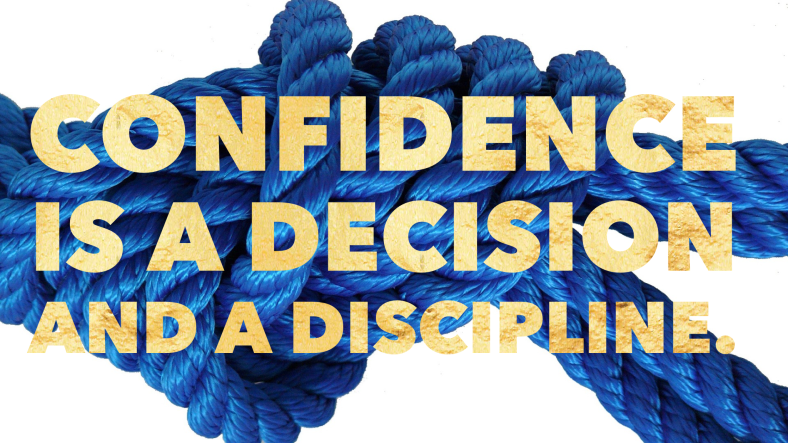
Recently I went from having no publishing offers to having to decide between two – I know, the irony! This is for a novel I wrote in two very different versions, and after deciding that the first one was best, going on to rewrite it many times.
My writing pathway to finding a publisher
My process over more than ten years included the following steps:
- Redrafting my manuscript over again
- Engaging editors for the first and part of the second-to-last major redrafts
- Paying a mentor (a costly and negative experience)
- Reading countless writing books and doing my best to apply the learning
- Undertaking many writing-related courses in person and online, including on poetry, book publishing and creativity
- Submitting my manuscript, garnering interest but being rejected many times
- Nearly giving up a few times, before picking myself up off the floor and starting over
- Taking on the feedback for two advanced drafts from my long-suffering writing group.
It’s often said that a writer’s first two novels are their learner books and that the third is publishable. Alternatively, people talk about writers needing to practice their craft for ten years before reaching a publishable standard. For me, redrafting the same story in various forms was how I progressed my craft. I didn’t want to let go of my story, focusing instead on improving it ad nauseam. And so ten years passed by…
Until finally, it paid off. (Although I’m well aware that having found a publisher, I haven’t achieved publishing success yet. But that’s a whole other journey.)
It was nothing! (Lies)
It would be easy to look back and say that it was worth it, or even that it was fun or easy. Ten years – nothing! But the truth is that like all writing, it was both wondrous and torturous, easy and impossible. For years there was rejection after rejection, no promise of publication (ever!) and no guarantee of any return for my hours of toil, the income I forewent or the money I spent on my book.
And yet writing and creating was and remains the only thing that makes me feel professionally fulfilled. I actually become restless and irritable if I don’t write creatively.
Key things I did to find a publisher
After I announced the two offers on a Facebook writing group, a couple of writing colleagues contacted me to ask how I found a publisher? Some had achieved agent interest, which after a time had waned.
While I’m no expert, I answered them because writers need the camaraderie of others to help pick them up when they’re feeling uncertain. These are the key things I told them. They’re simple and probably obvious, but nonetheless powerful, and sometimes we need to remind ourselves:
- Always be open to improving your craft and never be complacent or arrogant – Too often authors become attached to their work. Get some distance and reevaulate after a break. Kill your darlings etc.
- Believe in your story (or let it go and move on) – If you don’t, who else will? Believe in it to your core
- Believe in your abilities – Again, if you don’t, no one else will. This doesn’t mean you can’t learn new things. Writing is an art, but it’s technical and involves a lot of craft
- Find your publisher fit, only going where you’re wanted – Whether that’s a large publisher, an independent one, or a small one. What’s their speciality, do they love your kind of work and genre, what are their values? Alignment is key. Publishing is business but it’s also a relationship
- Get philosophical (or zen, or something similar) – While I’d got to a point where I believed – paradoxically and blindly – that I’d find a publisher, I honestly didn’t care anymore. I knew in my gut that my story was good and that was enough, so I sent it out and let go. Me and my story were ready and, amazingly, the world responded
- Above all, persevere! As Churchill said, never give in. When you’re ready, dust yourself off and continue. Logically, you must to get there, in the end.
Are you ready to be published?
‘There is no greater agony than bearing an untold story inside you.’ Maya Angelou






